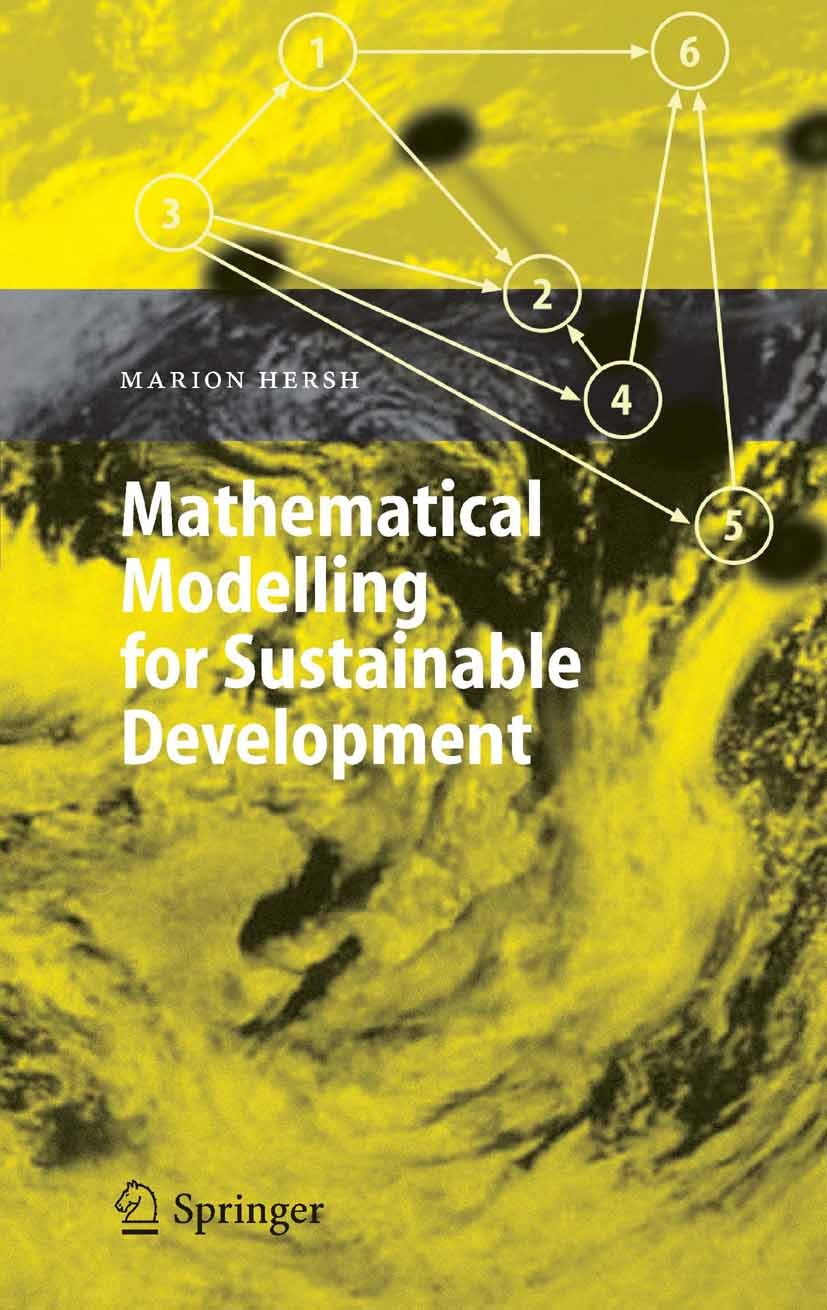| 书目名称 | Mathematical Modelling for Sustainable Development |
| 编辑 | Marion Hersh |
| 视频video | http://file.papertrans.cn/627/626391/626391.mp4 |
| 概述 | The book is mathematically sound and it is written in a way that makes the material accessible for practical researchers without a very strong mathematical background |
| 丛书名称 | Environmental Science and Engineering |
| 图书封面 |  |
| 描述 | Many people are convinced that Sustainable Development and Mathematics are completely unrelated. Sustainable Development, in its role of a value laden imperative for polluting and over-consuming societies, seems to be totally unconnected to mathematical reasoning and ignorant of the values behind its symbols. Still, they are not only connected: they need each other. Mathematics needs Sustainable Development. When science was gradually reinvented in European medieval societies, it was legitimised as contributing to the disclosure of God’s divine creation. The conflicts that emerged became well known as a result of the clash between Galileo and the Church. Science found a new legitimacy through recognition that it was a powerful force against superstition. In the Enlightenment the argument was pushed forward by attributing Progress to the advancement of science: science could produce a better world by promoting rationality. In our modern society, science has become intimately linked to technology. Science for its own sake unfortunately rarely has positive outcomes in terms of research grant applications. Meanwhile, science and technology, and the progress they are supposed to produce |
| 出版日期 | Book 2006 |
| 关键词 | Domestic Wastes; Holistic Approach; Mathematical Reasoning; Mathematics; Sustainable Development; Transpo |
| 版次 | 1 |
| doi | https://doi.org/10.1007/3-540-31224-2 |
| isbn_softcover | 978-3-642-06341-1 |
| isbn_ebook | 978-3-540-31224-6Series ISSN 1863-5520 Series E-ISSN 1863-5539 |
| issn_series | 1863-5520 |
| copyright | Springer-Verlag Berlin Heidelberg 2006 |
 |Archiver|手机版|小黑屋|
派博传思国际
( 京公网安备110108008328)
GMT+8, 2026-1-15 11:29
|Archiver|手机版|小黑屋|
派博传思国际
( 京公网安备110108008328)
GMT+8, 2026-1-15 11:29


